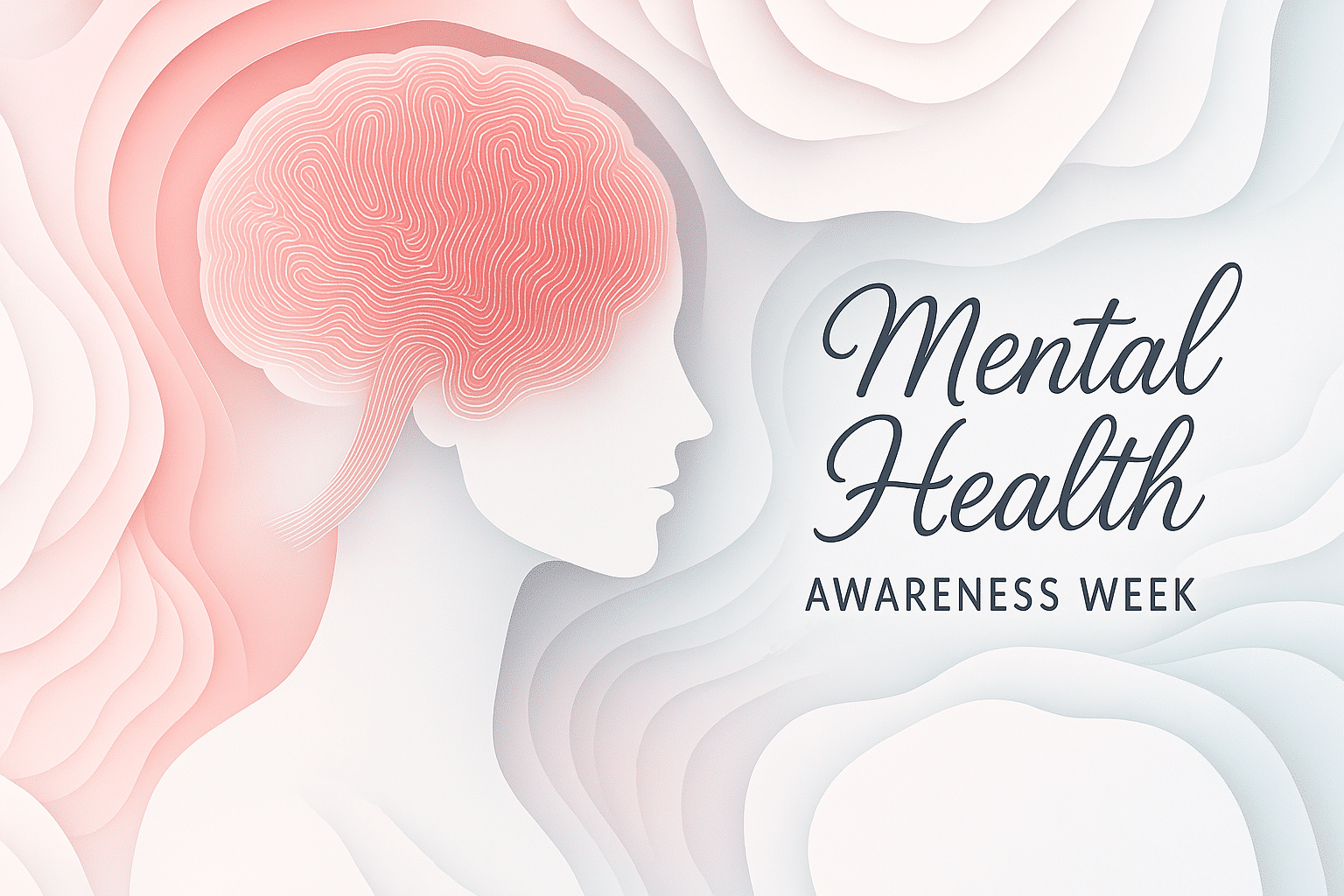What is Mental Health Awareness Week?
Mental Health Awareness Week is observed every year in the Netherlands during the first week of June. It highlights the importance of mental wellbeing and encourages people to speak up, listen, and take care of themselves and others.
The week brings attention to issues like burnout, loneliness, stress, and emotional overload. It invites schools, workplaces, communities, and individuals to reflect on how mental health is supported;and where change is needed.
History and Origin
Mental Health Awareness Week was launched by Missie Mentaal, a Dutch platform dedicated to improving mental wellbeing. The goal is to normalize conversations about mental health and offer practical ways to support yourself and others.
Every edition of the week carries a different focus. It can range from early prevention to navigating emotional complexity. Events and campaigns across the country work together to build more openness, understanding, and care.
Who participates in Mental Health Awareness Week?
- Mental health organizations: Offer workshops, talks, and online programs
- Schools and universities: Organize sessions on stress, social pressure, and emotional balance
- Workplaces: Launch awareness campaigns and mental health check-ins
- Local communities: Host walks, group discussions, and creative sessions
- Individuals: Share their stories or join in on daily challenges for mental wellness
Slogans and Themes
Each year, the week centers around a strong visual and thematic message. One recurring theme is the idea of “untying the knot,” which symbolizes working through confusion, tension, or overwhelm. Other themes include self-compassion, active listening, and reconnecting with purpose.
Slogans like “Get Out of the Knot” and “Clear Head, Open Heart” capture the balance between personal reflection and collective care.
Colors
- Green: Stands for growth, renewal, and mental resilience
- Blue: Represents calm, honesty, and mental clarity
- Yellow: Symbolizes energy, light, and hope
Symbols
- Knots: Reflect emotional entanglement and the process of untangling
- Open hands: Represent empathy, support, and readiness to connect
- Light beams: Suggest clarity, insight, and moments of mental breakthrough
Patterns
- Waves: Reflect the ups and downs of emotional life
- Loops and lines: Represent complexity, but also movement and change
- Circles: Symbolize cycles, wholeness, and continuity in mental care
Most Used Hashtags
- #MentalHealthAwarenessWeek
- #GetOutOfTheKnot
- #MentalHealthMatters
- #TalkAboutIt
- #StrongerTogether
How do you celebrate Mental Health Awareness Week?
- Join a local event: Take part in a walk, workshop, or creative activity
- Organize a check-in: Start a conversation with friends, students, or coworkers
- Volunteer or donate: Support mental health initiatives in your area
- Reflect and recharge: Take time for rest, journaling, or being in nature
- Share online: Post a message of support or personal insight using the week’s hashtags
Why is Mental Health Awareness Week important?
Mental health still carries stigma in many areas of life. This week brings it to the surface;in classrooms, boardrooms, and living rooms. It reminds us that everyone has a mind, and everyone can struggle.
By making space for conversation, compassion, and change, Mental Health Awareness Week contributes to a healthier and more resilient society. One where nobody has to untangle things alone.
Features
Contact Info
June Week 1: Mental Health Awareness Week (Netherlands)
Why do you keep falling for the same type?
Read the article Lovemaps: the hidden blueprint of our love.

